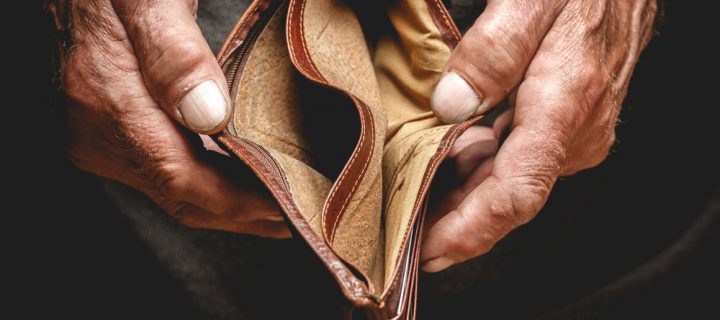Paying thousands of dollars for your care and the results of working less is more complicated than policy makers may believe, researchers find.
If you’re worried about someday losing your life savings and hitting rock bottom because of a medical emergency, there’s some good news. It might not happen.
A team of researchers from Massachusetts Institute of Technology (MIT) has found that statistics are small. Only 4% of people who declare bankruptcy among nonelderly adults in the U.S do so due to overwhelming medical expenses.
In other words, most people declare bankruptcy for some other reason.
The findings fly in the face of previous data that cited figures as high as 60% of bankruptcies being caused by medical costs.
But it’s not entirely straightforward.
The bad news is this. Many people without insurance don’t get the medical treatment they need when serious health concerns arise. They may end up losing their job because of these medical problems. When the cash flow stops, the bills pile up, and people then have to declare bankruptcy, at this point.
And so, in some ways, it’s an indirect route that often leads to the same result.
Insured vs Uninsured
Still concerned? Here are some general stats, to consider. If you suffer from serious medical problems you could likely experience a 20% drop in your earnings. You might also suffer an 11 percent drop in employment if you’re aged 50 to 59 and have been hospitalized, researchers have found.
And both uninsured and insured patients can suffer from money problems due to bad health.
How do we know this?
The team looked at hospitalization records from 2003-2007 and credit reports from 2002-2011, from the state of California, for people over age 25.
In total, about 780,000 people with health insurance and roughly 150,000 people without health insurance were involved.
In reference to the findings of 4%, MIT economist Amy Finkelstein had this to say:
“It doesn’t mean there aren’t really adverse economic consequences from adverse health. It just turns out they’re not [strictly] about bankruptcy. They’re much more about lost employment and earnings.”
The article detailing the study’s findings, “Myth and Measurement — The Case of Medical Bankruptcies,” appears in the March 21ist, 2018 issue of the New England Journal of Medicine.
Photo credits: perfectlab/Shutterstock.com












